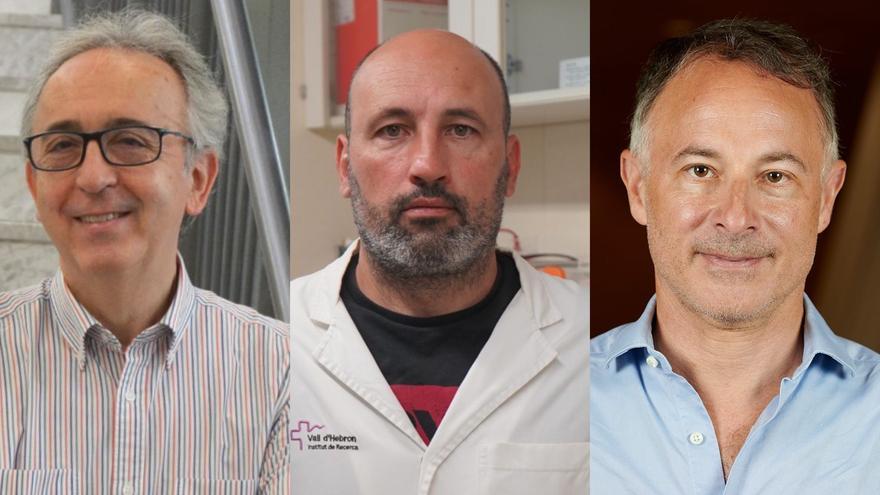CaixaResearch debate on fatty liver, a disease that affects more than a third of the population

Today, Thursday, February 8, at 19:00, the “la Caixa” Foundation organizes the CaixaResearch debate on fatty liver, the most common liver disease in the world, which experts already consider an epidemic.
Head of the Health Systems Research Group at the Barcelona Institute for Global Health (ISGlobal) and Associate Professor at the University of Barcelona (UB), Jeffrey W. Lazarus; group leader of the laboratory of complex metabolic diseases and mitochondria of the Institute of Biomedical Research (IRB Barcelona), coordinator of the CIBERDEM program and professor at UB, Antonio Zorzanoand Principal Investigator of the Diabetes and Metabolism Group of the Val d’Hebron Research Institute (VHIR), David Martinez Selvawill take part in this session to explain this disease where patients suffer from fat accumulation in the liver.
Approximately 25% of patients develop non-alcoholic steatohepatitiswhich is characterized liver inflammation and fibrosisand if not controlled, it can lead to serious pathologies such as liver cirrhosis or liver cancer.
Jeffrey W. Lazarus, a researcher at ISGlobal, a center supported by the La Caixa Foundation, is leading various international initiatives to raise awareness and agree on a global agenda of priority actions to combat the spread of this disease. Key priorities include collaboration between liver specialists and primary care physicians, and the development of different treatment strategies depending on the stage of the disease or the presence of multiple simultaneous diseases.
In addition, many researchers pay attention early diagnosis and in creating less invasive diagnostic methods. Currently liver biopsy This remains one of the most commonly used methods.
Researcher Antonio Zorzano is leading a project to find biomarkers of fatty liver disease that can help diagnose the disease non-invasively. His team has discovered a protein called mitofusin-2 present in the mitochondria of liver cells and is studying whether the protein can be used as a therapeutic target to develop new treatments. CaixaResearch helps with this Medical research worth about a million euros.
For their part, the team led by David Martinez Selva has identified two proteins that, when combined with a mathematical algorithm, can be used as a non-invasive biomarker to predict the development and progression of various stages of the disease, including the most severe ones. .
The project, which is supported by the CaixaImpulse Call for Innovation in Health, is working to accelerate the validation of this new biomarker and facilitate the development of new drugs to treat these conditions.
Prevention and diagnosis
Fatty liver disease is associated with Unhealthy Lifestyle. In this regard, to prevent the disease or reverse its effects in the early stages, experts recommend:
- Improve nutrition. Poor diet contributes to the accumulation of fat in the liver, so it is recommended to eat fruits, vegetables, whole grains and healthy fats that help it function properly, as well as reduce sugar intake.
- Avoid drinking alcohol. Most of the alcohol absorbed by the body is metabolized in the liver and activates inflammatory substances that damage the cells of this organ until they are destroyed. In addition, its use can cause fibrosis, which is the replacement of healthy liver tissue with scar tissue that cannot perform the functions of a healthy liver.
- maintain a healthy weight. The disease is often associated with obesity. Currently, one of the most worrying groups is teenagers, since 8 out of 10 patients in this age group who are overweight also suffer from fatty liver disease.
- Escape from a sedentary lifestyle. Recent studies show that exercise is a good ally in the fight against fatty liver, so frequent exercise can improve the condition of patients.
To subscribe to streaming It’s necessary fill the form which is on the CaixaResearch website no later than one hour before the start.
